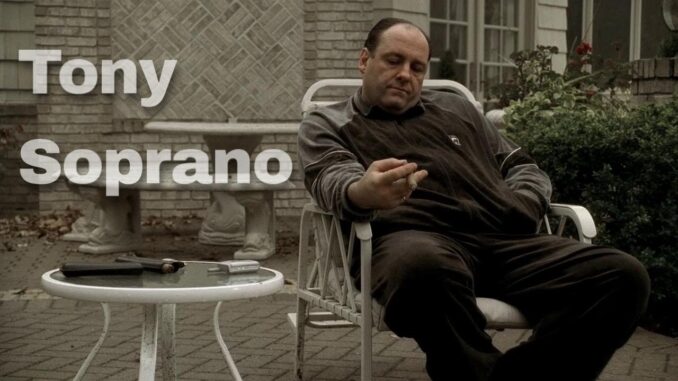
How The Many Saints Of Newark Connects To The Sopranos
The new movie The Many Saints of Newark serves as a direct prequel to the events of the widely acclaimed HBO series The Sopranos. Throughout the narrative, iconic characters from the original show appear in new and interesting contexts, providing invaluable information about their background to lovers of the series. However, while seeing younger versions of iconic characters on screen is a treat for audiences, it’s not the only thing that connects the movie to the show.
The Many Saints of Newark chronicles the rise of the DiMeo crime family in 1960s Newark. Although the film features a return for the legendary Tony Soprano (played by original actor James Gandolfini’s son, Michael), the main focus of the action is the figure of Dickie Moltisanti – played by Alessandro Nivola. Set against the backdrop of the notorious 1967 riots, the drama both chronicles Dickie’s life in organized crime and sets the stage for Tony Soprano’s own fall into criminality, revealing how and why he behaves how he behaves throughout the series.

Because of multiple shared characters, as well as numerous interconnecting stories, there are many ways in which The Many Saints of Newark connects to The Sopranos. Some, such as the introduction of key members of Tony’s future crew – including the likes of Salvatore “Big Pussy” Bonpensiero, Paulie “Walnuts” Gualtieri and Silvio Dante – are there almost more as a nod to the show’s ardent fanbase than to serve any crucial narrative points. However, other connections in the movie have a genuine emotional resonance due to subtle foreshadowing.
For example, the nature of the relationship between the near-mythical Dickie Moltisanti and Tony Soprano has long been a mystery to The Sopranos’ audience. By showing Dickie as a direct mentor to Tony and exploring just what a major influence the character was to the future Mob boss, The Many Saints of Newark unveils a key aspect of Tony’s psyche and explains several characteristics of his leadership. Similarly, the movie also examines the tempestuous relationship between Tony and his infanticidal mother – a theme that will go on to dominate The Sopranos in future years. In this way, the connection between show and movie both makes the film incredibly entertaining while also making the original series a richer experience.
Another instance of the movie’s clever use of dramatic irony is in young Tony Soprano’s interaction with baby Chris Moltisanti. Despite Tony’s best efforts, Chris seems truly afraid of him – crying every time Tony approaches. Not only does this provide a narrative thread to the infamous moment in which Tony Soprano kills Chris, but it also continues The Sopranos’ supernatural element – implying that Chris as a baby is somehow aware the Tony will eventually murder him. In this way, The Many Saints of Newark is not only replete with satisfying references, but also continues the thematic legacy of the show.
